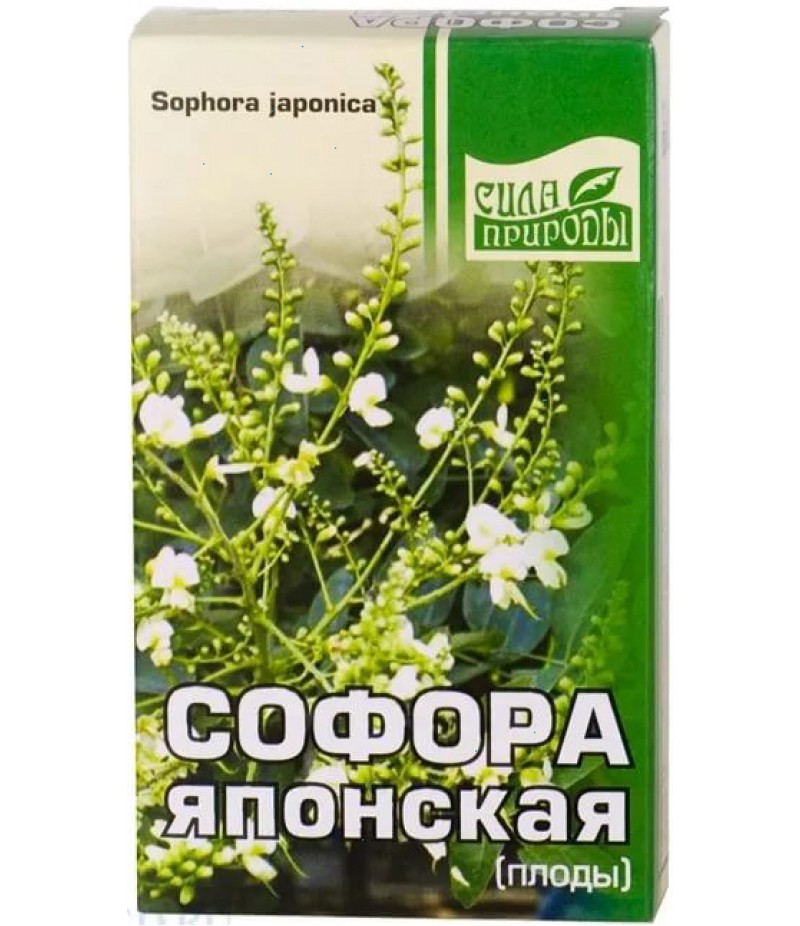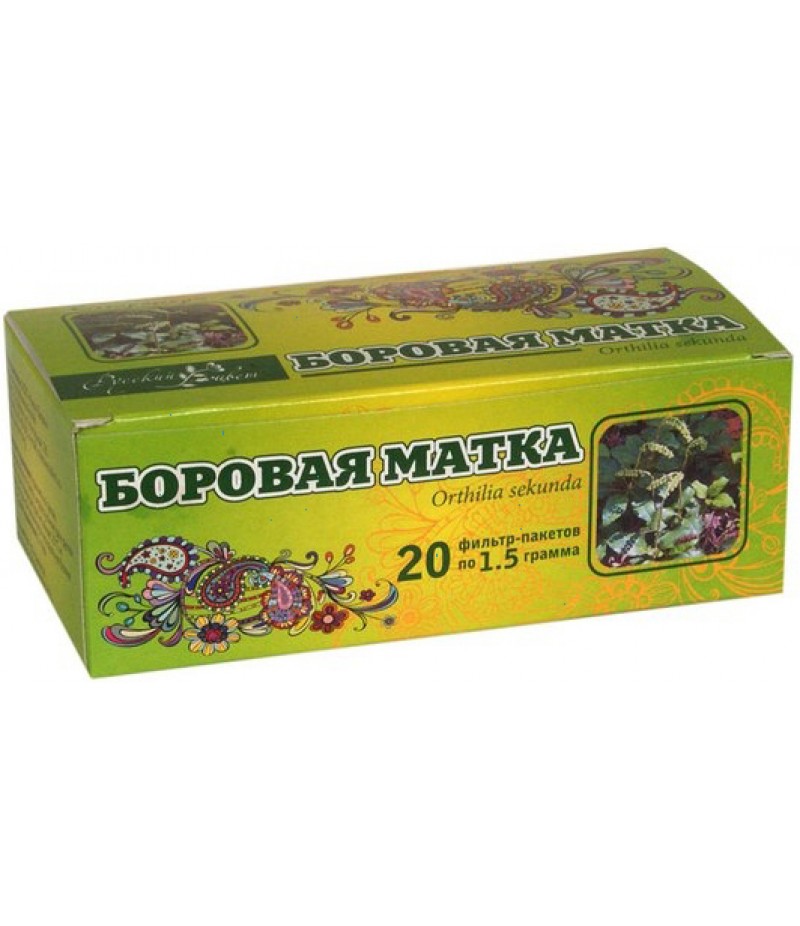Sophora japonica tea 50gr
- $3.96
- 3 or more $3.58
- Availability:Out Of Stock
Sophora japonica instruction for useYou can buy Sophora japonica hereThe healing properties and contra-indications of Japanese Sophora were first discovered by Chinese healers. The fruit of this tree was successfully treated with ..
Tags: tea
Sophora japonica instruction for use
You can buy Sophora japonica here
The healing properties and contra-indications of Japanese Sophora were first discovered by Chinese healers. The fruit of this tree was successfully treated with cardiovascular diseases, used to prevent stroke. Sophora is the famous symbol of Beijing. In East Asia, the plant is called a "weeping tree", often grown for decorative purposes. Also, the plant is considered a valuable honey. Honey from Sophora, as well as decoctions, teas, tinctures, has medicinal properties: it cleans the walls of blood vessels, reduces pressure, prevents the development of atherosclerosis, thrombophlebitis, varicose veins.
Healing action, indications and contraindications
What are the useful properties and contraindications of Japanese Sophora? What parts of it are used for medical purposes? How to harvest raw materials?
The tree reaches a height of 25 m. It develops well in the shade, tolerates drought, but is not resistant to frost and strong winds. In the wild form is found in China, Mongolia, Japan. Cultivated in the Krasnodar Territory, the Crimea, the Caucasus. It is a beautiful ornamental tree, which is often cultivated in the southern regions.
Workpiece
As a medicinal raw material, fruits and buds of the plant are harvested. Buds are removed in June-July, and the fruits are cut in September or October. It is advisable to collect them in dry weather and not fully ripe. Dry in natural conditions, with access to fresh air, avoiding sunlight. Store 24 months.
Medicinal action
Therapeutic properties of Japanese Sophora:
decongestant;
antisclerotic;
anesthetizing;
antineoplastic;
hypotensive;
vasoconstrictive;
rejuvenating;
anthelmintic;
antibacterial;
regenerating;
stimulating blood supply;
capillary stabilizing;
hemostatic;
antioxidant;
antiseptic;
immunostimulating.
Useful substances in chemical composition:
quercetin;
vitamin P (rutin);
vitamin C;
glycosides;
fixed oils;
flavonoids (the most valuable kaempferol);
alkaloids (the most valuable pachycarpine);
organic acids;
micro- and macro elements.
Indications
At what diagnoses and symptoms treatment of Sophora Japanese can be effective?
Gynecology. Valued antitumor, anti-inflammatory, antibacterial property. Assign with a number of female diagnoses: vaginitis, cervicitis, fibroids, colpitis, candidiasis, erosion of the cervix, salpingitis. It also stops uterine bleeding, inflammation in the uterus and fallopian tubes, eliminates the causes of infertility, and establishes the functions of the reproductive system. Apply inside, but also use externally in the form of syringes. In addition, recommended reception with menopause. Grass normalizes the hormonal background, relieves the unpleasant symptoms of hot flashes during menopause.
Oncology. Recently, more and more talk about the antitumor properties of this plant. Active substances Sophora stop the growth of malignant cells, prevent the aggravation of cancer, inhibit their transition to severe stages. Often grass is prescribed in complex therapy. With neglected forms, the plant removes puffiness and severe inflammation. It is also a powerful natural immunostimulant that supports the defenses of the body during exacerbations and during rehabilitation.
Application of Japanese Sophora fruits in cardiovascular diseases. Routine, or vitamin P - the first remedy for diseases of the heart and joints. Rutin is not produced in the body, so its reserves must be replenished. In addition to Sophora, it is found in such plants: buckwheat, olives, capers, asparagus, dandelion, rosemary, raspberry, black currant. Sophora promotes the excretion of cholesterol, prevents the formation of plaques and blood clots, helps with atherosclerosis, hypertension, angina pectoris, varicose veins, vasculitis. Strengthens blood vessels, stimulates blood supply, reduces the permeability of capillaries. It is considered a preventive remedy for strokes, hemorrhages in the retina of the eye, all internal bleeding.
Cleansing the body. It is a natural antioxidant, removes toxins and toxins from the body, cleanses the blood and liver. Helps to cope with the intoxication of the body.
Benefits for diabetes mellitus. Grass beneficially affects the work of the thyroid and pancreas, normalizes the hormonal background. Proved hypoglycemic properties of the drug. Applied at different stages of the disease only under the supervision of a doctor. During the course it is extremely important to follow a diet. Most often, grass is included in complex therapy.
Benefits for the digestive system. Sophora gives an anti-inflammatory effect, heals the mucous membrane well. Most often drink with a stomach ulcer, gastritis with high acidity, inflammation of the pancreas, worms in the liver, colitis, hemorrhoids, dysentery, anorexia. In folk sources, it is mentioned that with gastric ulcer the treatment with grass can strengthen the pain syndrome, which indicates the process of tissue regeneration. But with any side effects you should always consult a doctor.
External application. Tincture for internal use can also be applied externally. It can be irrigated, gargle, gums and mouth cavity; from it make compresses and lotions for rheumatism for removal of puffiness and pain syndrome; broths lubricate the skin with psoriasis, dermatitis, allergies, wounds, fissures, purulent processes, burns, frostbite.
What are the contra-indications of Japanese Sophora?
It is forbidden to use the herb during pregnancy (especially in the first trimester), during the lactation period, with individual intolerance. Children from 3 years are given only after a medical consultation. Increased doses of rutin and other active substances in the plant can cause nausea, vomiting, diarrhea, pain in the stomach and intestines, bloating. If these symptoms appear, stop taking the medication and consult a doctor.
Pharmacology
Sophora is often included in the composition of various medicines and dietary supplements. First of all, grass is prized by a high maintenance routine. The medicinal plant is included in different pharmacological groups: hemostatic (hemostatic), anti-inflammatory, antimicrobial, regenerative. Also included in the composition of angioprotectors - means that increase the strength of blood vessels that suppress the process of thrombus formation.
Tincture of Japanese Sophora. The instructions for use include a list of such indications: internal bleeding; hypertension; colitis; peptic ulcer; angina pectoris, diabetes mellitus, urolithiasis. External application: acne, trophic ulcers, wounds, burns. It is forbidden to give an extract of Sophora to Japanese children under 12 years old. Adult dosage - from 10 drops to 1 teaspoon not more than 5 times a day with an intensive course of treatment. Possible allergic reaction in the form of puffiness, itching, urticaria.
Dry raw materials. You can buy dried fruits, leaves and buds in various packing. You can also buy grass in the form of phyto tea in bags. Phytotea, in addition to all the above mentioned indications, it is useful to drink as a tonic, restorative.
A component of various drugs. Routine can be in tablets, powder, in the form of alcohol tincture. One of the most famous preparations from the Sophora of the Japanese is Sophorin. The instructions for use indicate that the medication is used for topical treatment. He is treated with skin lesions, ulcers, abscesses, non-healing wounds in diabetes mellitus. Also known drugs "Ascorutin" (tablets) and "Pahikarpin" (tablets, injections).
Tea from dried fruits and buds is taken as a curative and preventive remedy for all the above mentioned diseases. It is necessary to take breaks in the course of treatment. Biologically active substances Sophora accumulate in the body and can subsequently cause poisoning and allergic reaction.
Application in cosmetology
Vitamin P is highly valued in cosmetology due to its antioxidant, rejuvenating properties.
What is useful for Japanese Sophora hair. A rich composition of minerals and vitamin P contribute to the rapid growth of hair. The herb regulates the activity of the sebaceous glands, strengthens the roots, stimulates the blood supply and nutrition of the hair follicles. It is useful to rub into the scalp with hair loss, intense baldness.
What is useful for a skin for a face. Strengthens blood vessels, eliminates couperose (vascular network); activates the metabolism (fatty, lipid); narrows the pores; regenerates, rejuvenates cells; provides elasticity of the skin. In addition, it is useful to lubricate the skin of hands, elbows, feet, cracks on the lips. More suitable for oily and sensitive skin. Helps to get rid of acne and acne in adolescence. It restores hormonal balance, eliminates inflammation and disinfects the skin well.
Reviews
It is impossible not to recognize the medicinal value of this plant because of the high content of routine. What do patients and doctors think about this drug? How often are side effects? What are the risks?
Patient feedback. On forums (without advertising purposes) there are quite a lot of positive reviews about the Japanese Sophora. They are written by people who have completed the full course of treatment. The plant well helps with diseases of blood vessels, heart, reduces the risk of internal bleeding, reduces blood pressure, sugar level, has anti-aging, anti-inflammatory effect, strengthens the hair.
Reviews of doctors. In traditional medicine, the sofor is prescribed for cardiovascular diseases, as well as for their prevention. This is an effective disinfectant, antifungal, hemostatic, regenerating agent. Efficacy in oncology has not been scientifically confirmed.
Negative feedback. First of all, they concern the side effects, which can give a long reception. Most often, nausea and upset of the chair. Also, exacerbations are possible in chronic liver and kidney diseases, therefore, compulsory medical consultation is required before the beginning of the admission. Some note that at the beginning of the course the grass strongly tones up. Also, cases of a pronounced allergic reaction were noted.


